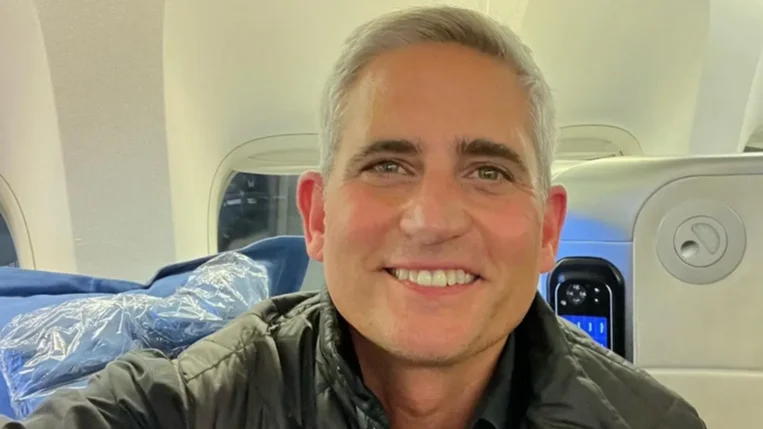Emergency medical services in rural areas often rely on aircraft and helicopter-based transportation to quickly transfer patients to hospitals for critical treatment. The University of Michigan's Survival Flight program is a unique service providing essential patient transportation across the state using helicopters, fixed-wing aircraft, and ambulances.
Michigan's Survival Flight program, part of the University of Michigan's medical system, offers efficient transportation solutions for critically ill or severely injured patients. The organization uses a combination of helicopters, fixed-wing aircraft, and standard ambulances to conduct medical transfers from homes to medical facilities designated by physicians, patients, or families.
The program operates three twin-engine Eurocopter EC-155B1 helicopters. Two are available 24/7 for patient transport, while the third is reserved for organ procurement missions. These helicopters are equipped with advanced avionics and communication systems, allowing them to operate under various conditions. According to the organization's website: "Survival Flight helicopters are capable of carrying a patient, medical crew, and a full complement of advanced life support equipment."
 Alerts Sign-up
Alerts Sign-up







